Former Sheffield youth worker discovers rare copy of 60-year-old magazine - revealing family history
and live on Freeview channel 276
Carl Case, aged 63, from Sharrow, took an eight-week trip with his siblings to visit his 90-year-old father Samuel Case, who now lives in Jamaica, and it revealed something amazing.
“One day I was rummaging through his old photo albums and documents because I had recently been tracing our family history”, said Carl, who retired after 25 years as a youth and community worker in Sheffield.
Advertisement
Hide AdAdvertisement
Hide Ad“Among a pile of old papers and photos, we unearthed an original copy of ‘Flamingo’ magazine from 1962, which was widely read as the voice of the 350,000 West Indians, Africans and Asians’ in Britain, between 1961 and 1965”, says Carl.
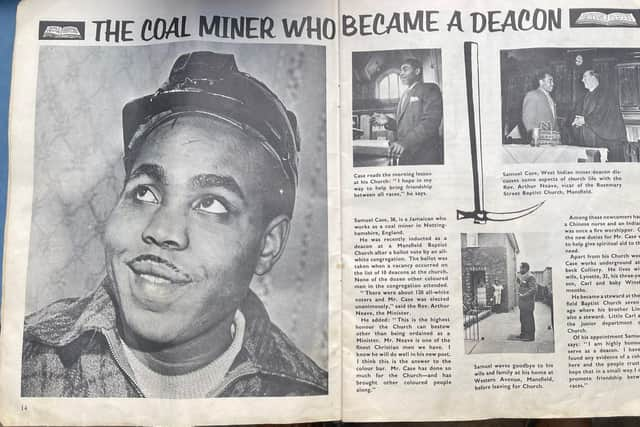

“As we leafed through, we were astonished to see a centre-page spread about my father with a full-page photo of dad in his miner’s helmet and pictures of him with me aged three, my late mother Linette and my five-month-old brother Winston”.
“I’ve never seen these pictures before in my life and I’d certainly never even heard of this magazine.”
The magazine contained a double-page feature on Samuel’s church work and his election as the first ever black man elected as a Deacon by an all-white, 120 strong congregation at Mansfield’s Baptist Church, the highest honour the church can bestow on a lay person.
Advertisement
Hide AdAdvertisement
Hide AdSamuel had worked for many years at collieries in Doncaster and Nottinghamshire, and was badly injured in an underground accident in which he helped others to escape. He was well known in the community and by miners, as well as miner’s leaders like Arthur Scargill.
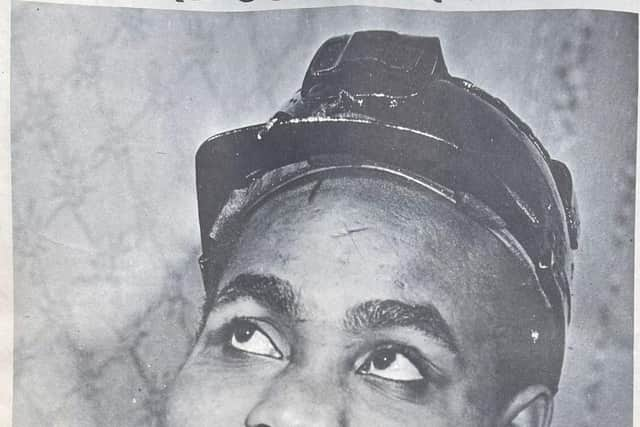

Carl added: “People have subsequently told me that there was definitely no swearing underground when Dad was around as everyone knew about his faith because he didn’t hide it, he shared it with everyone and still does.”
Samuel had left his family in Jamaica and was among the first wave of Black and Asian people in the 1950s and 1960s to come and seek work in the UK at the invitation of the British Government in order to help fill labour shortages caused by World War II.
They were turbulent times for Britain’s growing Black and Asian communities marked by violent confrontations with the openly racist ‘Teddy Boys’ who often used bicycle chains and knives as weapons.
Advertisement
Hide AdAdvertisement
Hide AdShops, pubs and boarding houses often displayed signs with ‘No Blacks, No Dogs, No Irish’ written in them.
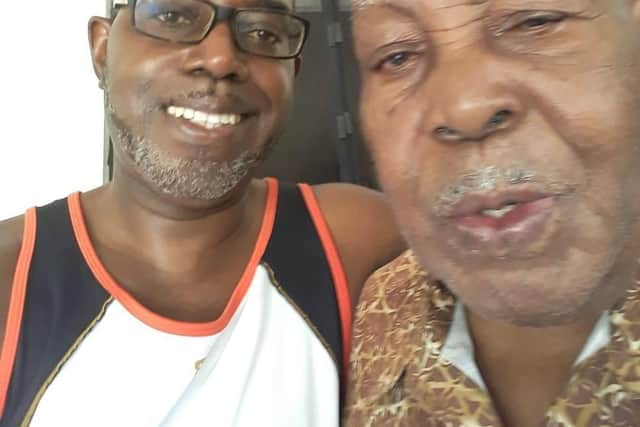

“All this was shockingly new to my dad, says Carl, but I am so proud of him because he blazed a trail for Black people in the UK in the 1960s at a time when prejudice and blatant discrimination was common, and he met it with kindness and genuine compassion for people”.
“But he told me adamantly, that once he got into the colliery lift shaft to start his shift down the pit, there was no racism at all because they were all a ‘band of brothers.’
"Everyone depended on each other for their own safety, and everybody was equal and were treated equally, with no distinctions made.’
Advertisement
Hide AdAdvertisement
Hide AdThe 1962 Flamingo article goes on to quote Samuel as saying: “I am highly honoured to serve as a Deacon. I have never found any evidence of a colour bar here and the people trust me. I hope that in a small way I can promote friendship between all races.”
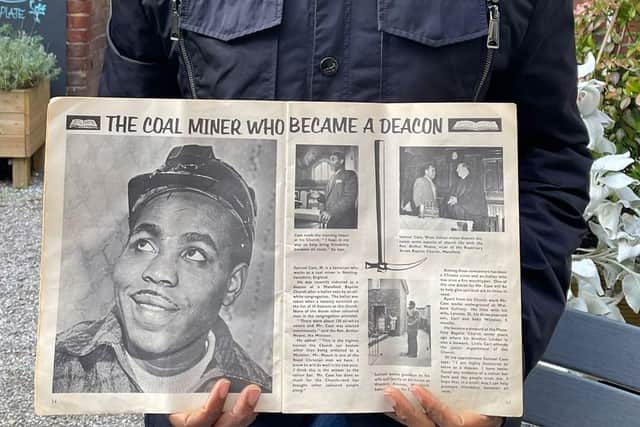

The article continues with a quote from the Reverend Arthur Neave, the Minister at the time, stating, “this is the answer to the colour bar. Mr Case has done so much for the Church and has brought other coloured people along.”
“I was pleasantly surprised with the popularity of the Black British press at this time, and gobsmacked when I found that the editor of this monthly magazine was Edward Scobie,” said Carl.
“A few years later, Edward went on to write the seminal book 'Black Britannia' documenting the Black presence in the UK from the 1600s and continually up to the 20th century.
Advertisement
Hide AdAdvertisement
Hide Ad“Who would have believed that there'd be a direct link between Edward Scobie and my dad?”
After returning to Jamaica, Samuel went on again to become a Deacon and church leader at the Clarksonville Baptist Church in Saint Ann where he also became Church treasurer.
Carl added: “Each November he’d ring around all his relatives and friends in the UK, the USA and Canada to raise funds for Christmas food parcels for the elderly and the needy in Jamaica”
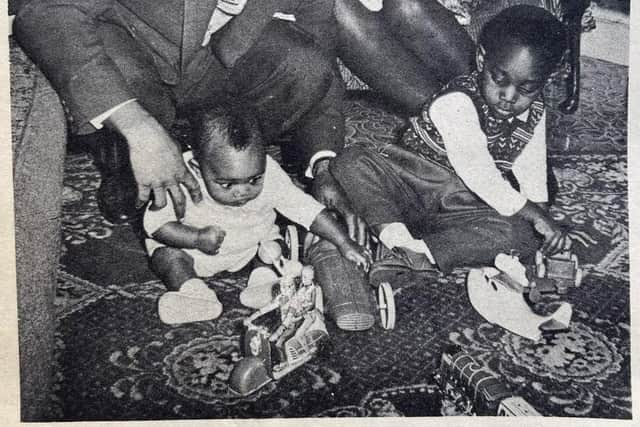

“I’m so glad we found this article because through it reinforces what a hero, role-model and ground-breaker he is in so many ways.
Advertisement
Hide AdAdvertisement
Hide Ad“When our mum died, I was the eldest, close to seven years-old and he was left with three young boys to bring up on his own, which can’t have been easy and really is a big challenge for any man at any time.
“When I began researching our family history and the wider history of the African slave trade, and its connection to Jamaica and the eventual emancipation and abolition of slavery, I realised that at times history is much closer to our doorsteps than we think.
“The everyday struggles and achievements of the Windrush generation like my dad, who made it to this country, worked hard, made a life and brought up families, need to be celebrated because it’s upon their shoulders that we all stand.”